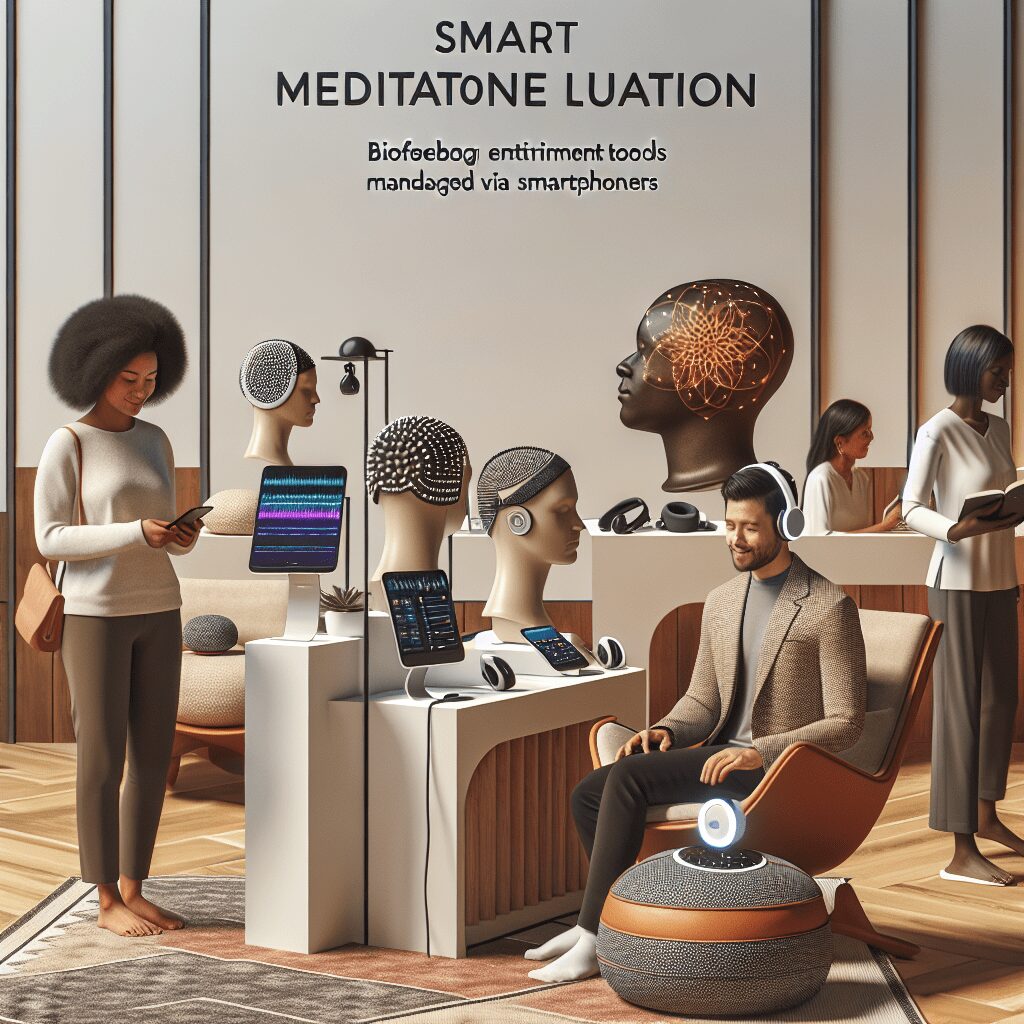
Prioritize your mental well-being daily. Enhance your life by nurturing your mental health with the Smart Meditation app. Break free from stress, alleviate anxiety, and enhance your sleep quality starting today.
How Addictive Is Xanax?
Unlocking the Mystery: The Addictive Nature of Xanax
In the grand tableau of prescription medications, Xanax, a trade name for alprazolam, often occupies a controversial spot. Famous for its calming effects, it’s a go-to for those wrestling with anxiety and panic disorders. Yet, beneath its tranquil veneer lurks a potentially addictive underbelly. So, how addictive is Xanax, really? Let’s dive into the heart of the matter, peeling back layers to uncover the truth.
The Science Behind Xanax Dependency
At its core, Xanax is a potent benzodiazepine, a class of drugs known for their sedative effects. By enhancing the activity of neurotransmitters in the brain, it effectively puts the brakes on anxiety and panic. Sound like a godsend? Well, don’t pop the champagne just yet. This same mechanism that gifts peace to a rattled mind also sows the seeds of addiction.
What Makes Xanax So Addictive?
- Rapid Relief: Xanax begins working within an hour of ingestion, a feature that makes it incredibly appealing. Who wouldn’t want fast relief from the clutches of anxiety?
- Tolerance Build-up: With regular use, your body starts getting used to Xanax’s effects, a phenomenon known as tolerance. And here’s the kicker – the more you use it, the more you need it to achieve the same calming effect.
- Psychological Dependency: It’s not just your body that gets hooked; your mind does, too. Many users start believing they can’t cope with stress or sleep without popping that little pill.
Navigating the Slippery Slope of Xanax Use
Understanding the potential for addiction is one thing; avoiding the pitfall is another. So, how does one tread this fine line?
- Strict Adherence to Prescription Guidelines: This isn’t one of those “take as you please” meds. It’s crucial to stick to the prescribed dosage and frequency to a T. Your doctor knows best, after all.
- Keeping a Diary: Sounds quaint? Perhaps, but jotting down when and why you’re reaching for Xanax can provide valuable insights. Are you popping it out of necessity or habit?
- Seeking Alternatives: For those on the slippery slope, it might be wise to discuss alternative treatments with your healthcare provider. There are numerous non-addictive options out there, from other medications to therapy and lifestyle changes.
In the end, it’s clear that Xanax, while a beacon of relief for many, carries with it a shadow of addiction. Being vigilant and informed can make all the difference, helping ensure that this medication remains an ally rather than turning into an adversary. Remember, in the quest for better mental health, knowledge and moderation are your best friends.




